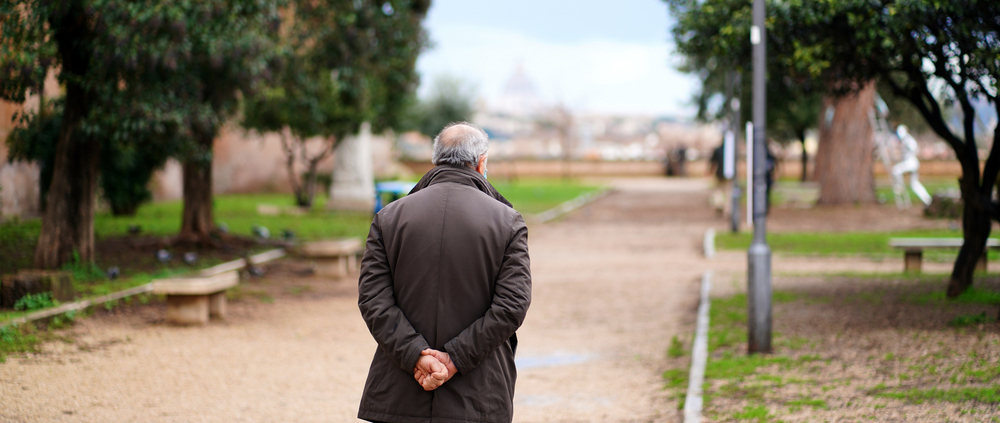Is It True That We Can’t Do Anything with Free Will except Good or Bad Deeds?
Hanafi Fiqh
Answered by Shaykh Yusuf Weltch
Question
Is it true that we can’t do anything with free will except good or bad deeds?
Answer
In the Name of Allah, the Most Merciful and Compassionate
The question you ask is not the correct understanding of Islamic belief. Free will relates to choice. We are free to choose as we wish and we are accountable for our choices. Now, one may choose to do a good deed, and they will be rewarded for it; and one may choose to do a bad deed, and they will likewise be recompensed for it.
However, there are many things we choose daily that are neither of the above. These are called Mubahat, or mere permitted deeds. [Ibn ‘Abidin, Radd al-Muhtar]
These are deeds like standing, sitting, going for a walk in the park, etc… that are neither good deeds that we are encouraged to do or sins that we are warned against.
The Importance of Intentions
Despite this third category being neither good nor bad intrinsically. Merely permitted actions can be made into good deeds by way of righteous intentions. [Haddad; The Book of Assistance]
Using the above examples, if one intends in standing, to show respect for a parent or an elder, this is a good deed. [Ibid.]
If one goes for a walk in the park, intending to take care of their health which is a blessing from Allah Most High, this too is a good deed.
Hope this helps
Allah knows best
[Shaykh] Yusuf Weltch
Checked and Approved by Shaykh Faraz Rabbani
Shaykh Yusuf Weltch is a teacher of Arabic, Islamic law, and spirituality. After accepting Islam in 2008, he completed four years at the Darul Uloom seminary in New York, where he studied Arabic and the traditional sciences. He then traveled to Tarim, Yemen, where he stayed for three years studying in Dar Al-Mustafa under some of the greatest scholars of our time, including Habib Umar Bin Hafiz, Habib Kadhim al-Saqqaf, and Shaykh Umar al-Khatib. In Tarim, Shaykh Yusuf completed the memorization of the Qur’an and studied beliefs, legal methodology, hadith methodology, Qur’anic exegesis, Islamic history, and several texts on spirituality. He joined the SeekersGuidance faculty in the summer of 2019.
